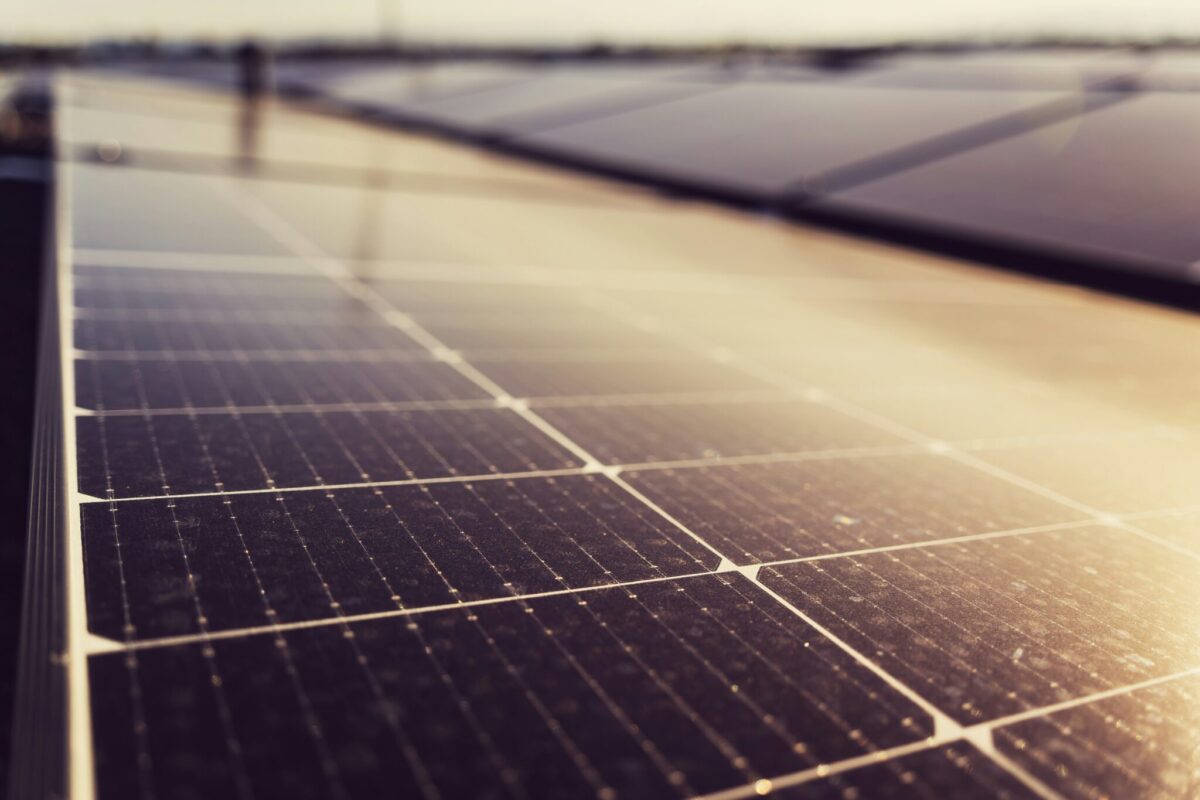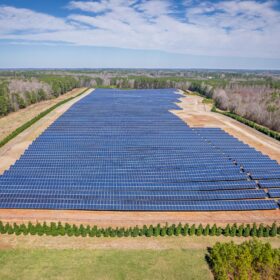The Solar Energy Industries Association (SEIA) released a tool that it said will increase supply chain transparency and help ensure that solar components are “made ethically throughout the solar value chain.”
The Solar Supply Chain Traceability Protocol is a set of guidelines intended to help solar companies meet compliance obligations and “provide customers with assurances that their solar products are free of unethical labor practices.” (Read the protocol here.)
“Solar customers expect their products to be ethically produced, and this protocol helps ensure that solar products coming into the United States are not made using forced labor,” said John Smirnow, SEIA’s vice president of market strategy.

In early February, some 175 solar companies, including some of the top solar manufacturers in the world, signed an SEIA-led pledge opposing forced labor in the solar supply chain. In an interview with pv magazine, SEIA President and CEO Abigail Ross Hopper said that the industry trade group became aware of the forced labor issue late in 2020 and had been communicating with our companies that “they need to move their supply chains.” She set a goal of late June for companies to have adjusted their supply chains to avoid conflict regions.
The SEIA supply chain traceability document said it is intended to have “universal application” across product lines intended for export to the U.S. market. It expected key adopters to include equipment manufacturers and U.S. importers. It said that while its aim is to focus on “the provenance of material inputs,” it also recognizes the importance of independent, third-party audits and a “strong corporate social responsibility and import compliance platform.”
SEIA said that the U.S. government has “identified forced labor as an area of concern for the solar supply chain.” It said that U.S. solar customers also are “increasingly seeking assurances that the products they purchase are truly sustainable and, in particular, free of forced labor.”
SEIA said that that the new tool “by itself will not stamp out forced labor, companies need to go through the steps laid out by the protocol.”
In a statement released by SEIA, George Hershman, president of Swinerton Renewable Energy and SEIA board chair said, “This important tool provides a consistent set of guidelines rooted in equity, security and sustainability to thousands of solar companies across the country.”
Best practices
The protocol is a set of recommended best practices that SEIA said is designed to prevent forced labor in the solar supply chain; help companies meet their U.S. import compliance obligations; and provide customers value chain transparency. SEIA said the tool has been structured as an industry specification or de facto standard, with the expectation that it will be further developed into a formal industry standard.
The protocol includes an audit mechanism intended to measure a company’s implementation and compliance. SEIA said that in assessing conformance, “no single factor will be dispositive.” It said that auditors would assess conformance based on a “holistic approach.”
SEIA also updated its Solar Commitment, which defines common labor, health and safety, environmental, and ethical standards and expectations for solar companies. The update includes guidance on workplace safety and ethical labor practices.
In addition, the standard includes recycling and refurbishment best practices, information on energy consumption tracking, procedures to avoid the use of conflict minerals in solar products, and additional guidance that companies can follow to hold suppliers to the standards.
SEIA also released a Solar Buyers’ Guide on Traceability, which summarizes the protocol and offers a set of questions that customers, developers, financiers, and other stakeholders should ask suppliers about products in the solar + storage value chain.
This content is protected by copyright and may not be reused. If you want to cooperate with us and would like to reuse some of our content, please contact: editors@pv-magazine.com.









By submitting this form you agree to pv magazine using your data for the purposes of publishing your comment.
Your personal data will only be disclosed or otherwise transmitted to third parties for the purposes of spam filtering or if this is necessary for technical maintenance of the website. Any other transfer to third parties will not take place unless this is justified on the basis of applicable data protection regulations or if pv magazine is legally obliged to do so.
You may revoke this consent at any time with effect for the future, in which case your personal data will be deleted immediately. Otherwise, your data will be deleted if pv magazine has processed your request or the purpose of data storage is fulfilled.
Further information on data privacy can be found in our Data Protection Policy.